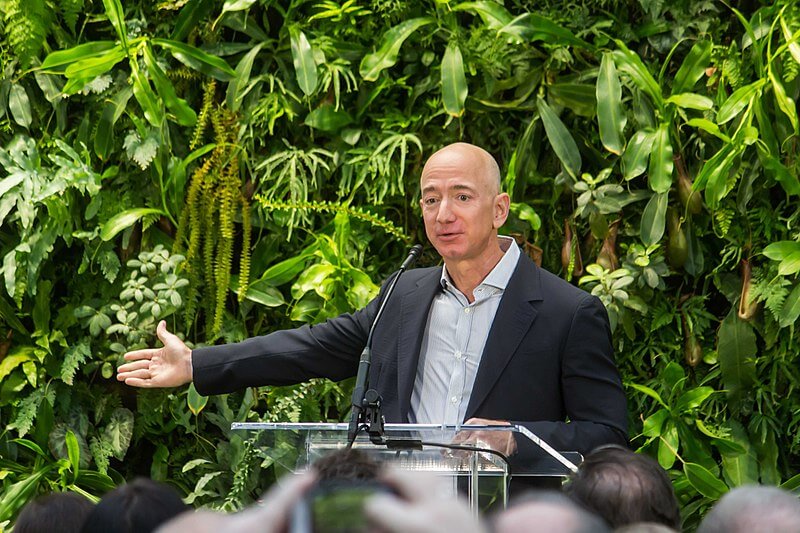by Victor Jung | Dec 26, 2018 | Philanthropy
Poverty remains one of the biggest issues facing many Americans today. Thousands of people, including children, suffer year after year because they do not have the financial means to sustain an adequate lifestyle. Children have been one unfortunate target of poverty,...

by Victor Jung | Sep 21, 2018 | Philanthropy
Jeff and MacKenzie Bezos recently declared their first philanthropic endeavor. “The Bezos Day One Fund” is expected to tackle two issues: homelessness and early education. Bezos explained that his organization would tackle homelessness by serving as a...


